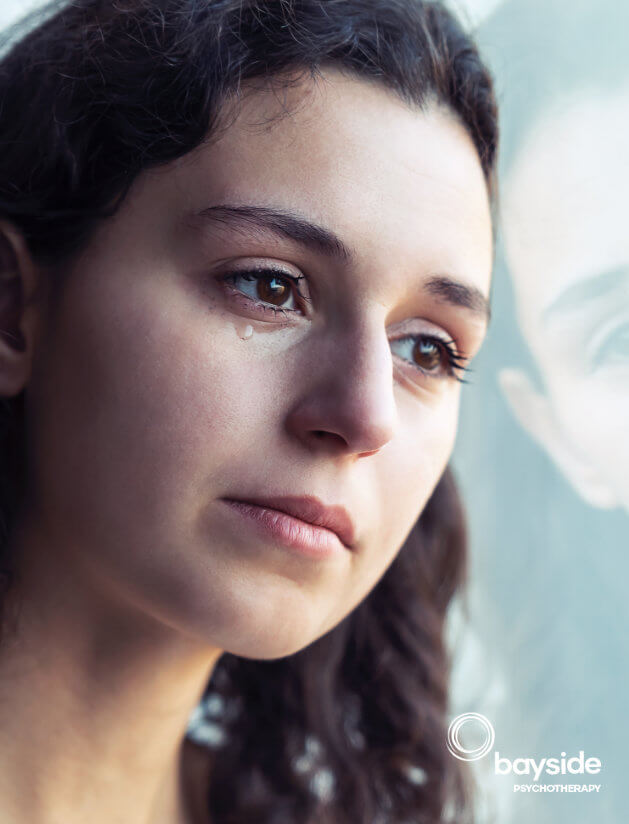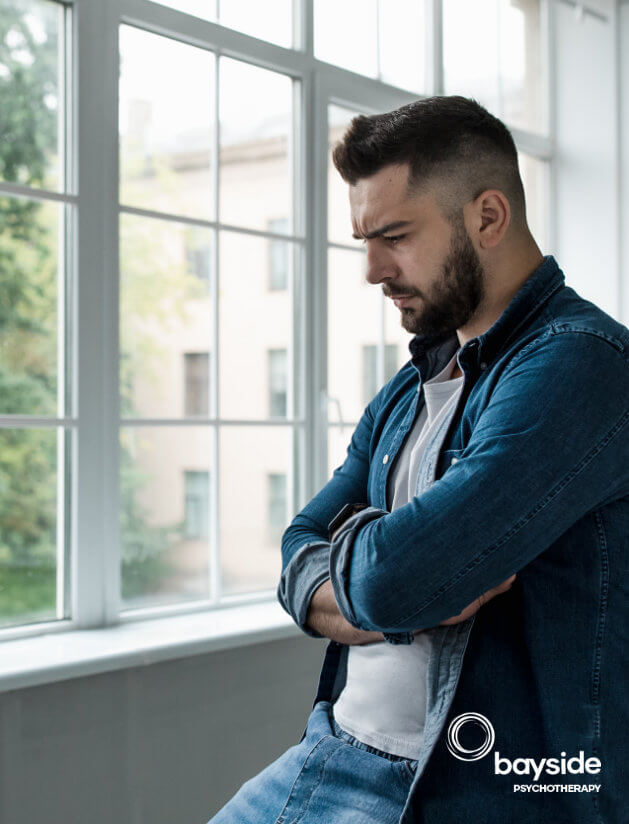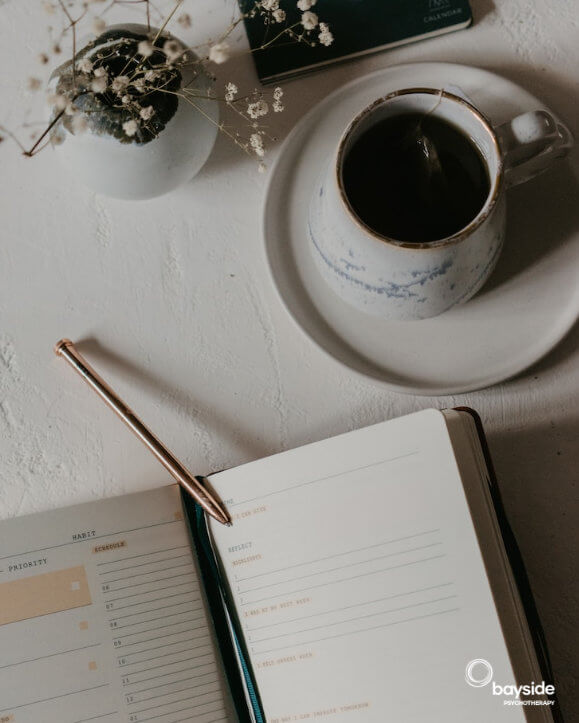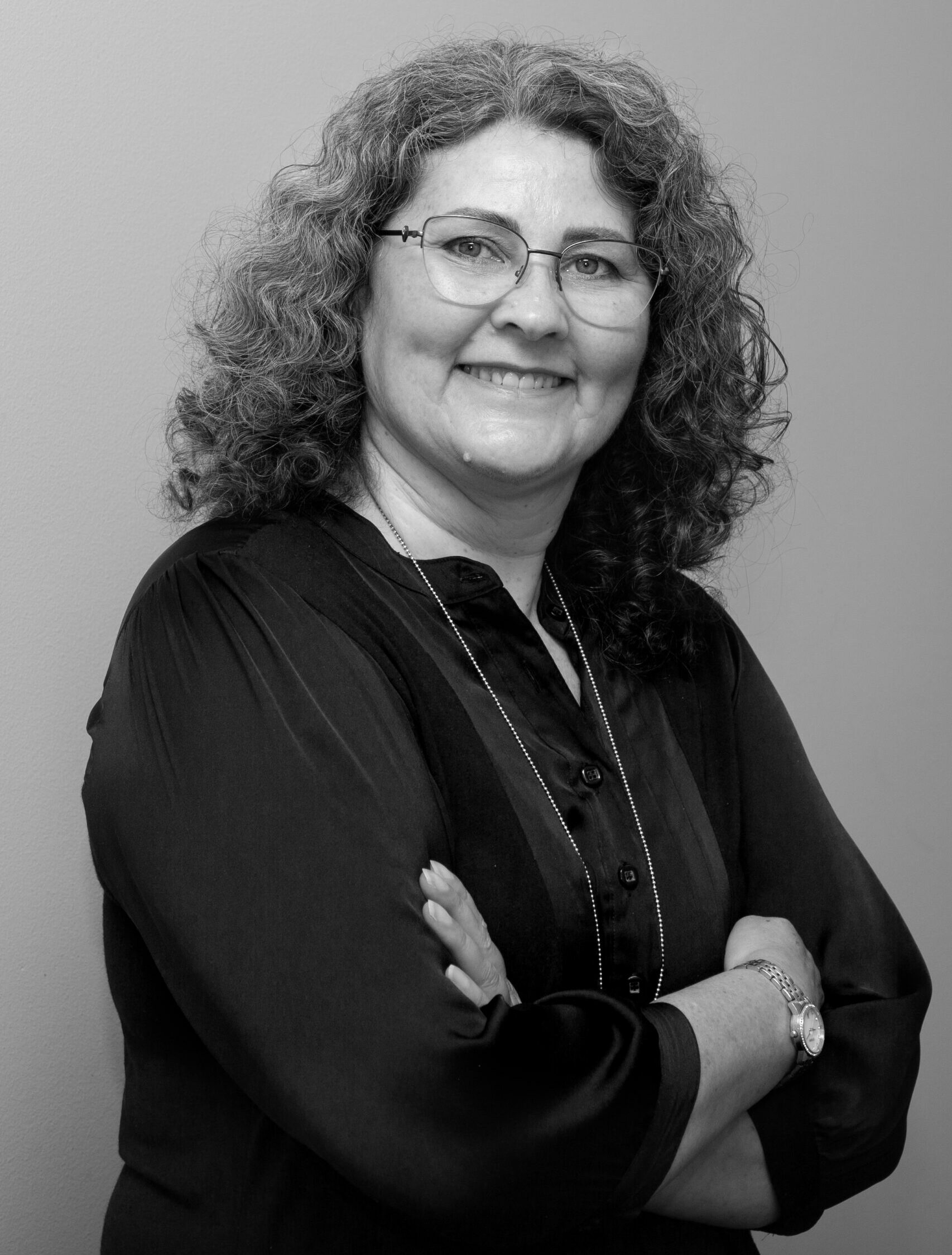
Overcoming Agoraphobia with Professional Help
Agoraphobia is an anxiety disorder characterised by intense fear and anxiety triggered by being in public places, open spaces, or situations where you feel trapped or unable to escape. This extreme fear can become so paralyzing that people with agoraphobia may be completely unable to leave their homes.
If you have agoraphobia, the thought of going to public places like shopping malls, amusement parks, or airports can cause severe anxiety or panic attacks. You may also fear and avoid open spaces, crowds, or any situation where you feel you can’t immediately escape if your anxiety worsens.
Treating Agoraphobia and Panic Disorder
Agoraphobia is an anxiety disorder that involves intense fear or anxiety triggered by being in situations where you feel you cannot escape or get help if you start to experience anxiety or panic. Panic and Agoraphobia often occur together and treatment of panic disorder can also alleviate agoraphobia symptoms. A person can suffer from panic disorder with or without agoraphobia but they are often linked.
A person with agoraphobia is afraid of being in public places, open spaces, enclosed spaces, or any situation where they feel the sensation of being “trapped”. This extreme fear and anxiety about being unable to escape can make it difficult or impossible for someone with agoraphobia to leave their home.
Agoraphobia is one of the most common anxiety disorders. It affects around 1.7% of adults in a given year. Women are around twice as likely as men to develop agoraphobia.

When Will You See Improvement in Agoraphobia?
The length of treatment needed to manage agoraphobia symptoms can vary widely. Every person responds differently to therapy based on the severity of their condition, personal history, and other factors.
Some people start to experience relief from anxiety, panic attacks, and avoidance behaviours after just a few therapy sessions. For others, it may take many months of ongoing counselling to make significant progress in facing fears.
Cognitive behavioural therapy, exposure therapy, medications and other treatments help many people with agoraphobia gradually regain freedom and independence. While treatment duration is different for everyone, improvement is very possible.

How Agoraphobia Can Impact Your Life
Agoraphobia is a debilitating anxiety disorder that can restrict your ability to function, work, socialise, and enjoy life. The intense fear and panic triggered by public places, crowds, or open spaces leads many people with agoraphobia to become homebound.
Symptoms like rapid heartbeat, nausea, and feeling unable to breathe can strike when you attempt to leave home alone or enter an exposed public setting. The dread of experiencing another severe panic attack can make even basic tasks impossible.
Untreated agoraphobia can profoundly impact all aspects of life:
– Unable to work or attend school
– Missing out on social events and gatherings
– Avoid travelling in cars, planes, or public transit
– Unable to get treatment for fear of doctors office
– Struggle to exercise or be active
– Isolation at home leading to loneliness
– Money problems due to inability to work
– Relationship issues and divorce
– Depression and suicidal thoughts
With counselling strategies to control panic and retrain your thought patterns, you can gradually face fears and regain independence. Don’t continue suffering the effects of agoraphobia. Call today to start therapy so you can get back to living your best life.

Agoraphobia Treatment Approach At Bayside Psychotherapy
Bayside Psychotherapy recognises you as unique, so your treatment plan will be tailored to you personally. We assess your progress on an ongoing basis, in case adjustment is needed. Our practitioners have training and experience in a range of treatment methods, including psychotherapy, dream work, hypnotherapy, Buddhist mindfulness meditation exercises — which may be combined to create a personalised program for you.
If you’re not ready to leave the house just yet, we have online counselling via secure and private chat. If it’s easier for you, you can conduct all your sessions online throughout your treatment. Alternatively, you can come into our Highett clinic.
Bayside Psychotherapy also offers a targeted self-hypnosis recording for agoraphobia that you can download that may complement your counselling sessions.
You can call us on (03) 9557 9113 or use our contact form to find out if we can help. If you’re ready to start therapy, you can make an appointment using our online booking form. All communication with prospective clients is completely confidential, and there’s absolutely no obligation.
Symptoms of Agoraphobia
The main symptom of panic disorder and agoraphobia is overwhelming fear and anxiety triggered by being in a place or situation where you feel trapped, unable to easily escape or get help. These situations cause panic-like symptoms attacks or intense anxiety.
Common triggers for someone living with agoraphobia include:
– Public areas like shopping malls theaters, or airports
– Crowded spaces with many people
– Open or enclosed spaces like elevators, small rooms, or public transit
– Visiting public parks, bridges, or town squares
– Being outside the home alone
– Travelling by car, bus, train, or plane
During a panic attack, you may experience:
- Pounding heart or racing heartbeat
- Sweating and trembling
- Shortness of breath
- Nausea or dizziness
- Feeling detached from reality
- Anxiety symptoms
- Feelings of losing control
To avoid these terrifying panic attack symptoms, people with agoraphobia may avoid being in situations that can trigger agoraphobia, and restrict their lives, this may be difficult to live a normal healthy life. Some become completely homebound, others only go out if accompanied by a trusted friend or family member.
Note: Whilst we will do our best to assist you, we rely on our clients’ full commitment to and participation in the treatment process to optimise results. Although some of our therapists work with people presenting with this condition, no guarantees of any outcomes can be made.
Reception Phone Hours
- – Monday 8:30am to 5:30pm
- – Tuesday 8:30am to 5:30pm
- – Wednesday 8:30am to 5:30pm
- – Thursday 8:30am to 5:30pm
- – Friday 8:30am to 5:30pm
Closed on public holidays
Choose your own date and time for an online or in-clinic session
Therapist Hours
- – Monday 8:00am to 8:00pm
- – Tuesday 8:30am to 8:00pm
- – Wednesday 8:30am to 8:00pm
- – Thursday 8:30am to 8:00pm
- – Friday 8:30am to 8:00pm
- – Saturday 8:00am to 6:00pm
Closed on public holidays






